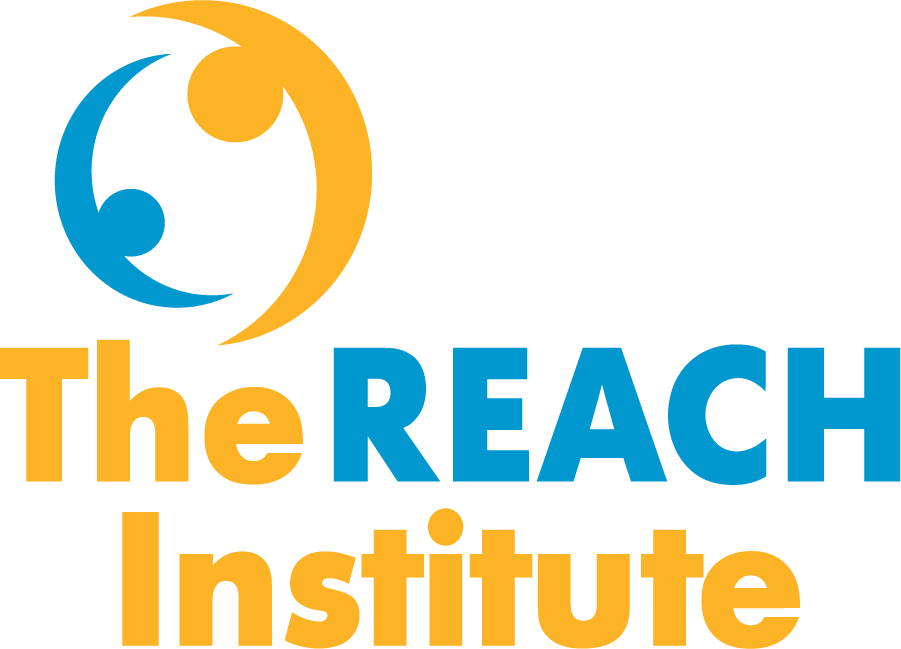Also In This Special Report
Jo A. Hughes, DMSc, PA-C, CAQ-PSY
James M. Greenblatt, MD
Kenneth J. Bender, PharmD, MA

How has the field of child and adolescent psychiatry matured over the last 3 decades? Our Special Report Chair, Peter S. Jensen, MD, elaborates.
SPECIAL REPORT: CHILD AND ADOLESCENT PSYCHIATRY
The field of child and adolescent psychiatry has matured remarkably over the last 3 decades. Beginning in the late 1990s and continuing into this century, we now have a meaningful set of major National Institutes of Health–funded randomized clinical trials (RCTs) comparing the benefits of medication, evidence-based psychotherapy, or their combination for the most common disorders of pediatrics: attention-deficit/hyperactivity disorder (ADHD),1,2
Jo A. Hughes, DMSc, PA-C, CAQ-PSY
James M. Greenblatt, MD
Kenneth J. Bender, PharmD, MA
In every case, these 5 studies relied on the strength of a critical comparative test of an optimal medication strategy; an evidence-based
The first article considers the topic of a new diagnostic category altogether: developmental trauma disorder. The authors argue—quite reasonably—that for some children, trauma(s) may unfold over time, may exert further impacts on subsequent development, and are often further layered by ongoing traumatic and deprivation experiences—sometimes called, by another term, adverse childhood experiences (ACEs).6 We do not yet know whether 1 or multiple ACEs, regardless of their specific characteristics (eg, personal injury, witnessing a shooting, death of a parent, etc), have a qualitatively different impact distinct from any other single or persisting trauma. But no experienced clinician (certainly not me!) would refuse to accept that multiple (and/or persisting) traumas are likely to be quantitatively different in their cumulative effect/severity in most cases. That said, the acid test for a new diagnostic category is that it can be differentiated by its (1) symptom presentation distinct from other disorders, (2) potential unique or differential treatment response, (3) differing pathophysiologic characteristics, or (4) different ultimate prognosis. That will require new research if this novel term is to survive.
The second article addresses a topic quite new to me, and likely to most readers: the impact of gluten on children who present with perplexing and lingering somatic complaints. Perhaps like most of us, I received little education on the potential mental health consequences of what we do (and do not) eat, and the possibility of substantial impact of these issues on a subset of our patients. Stay tuned.
The third article addresses another area where again more evidence is needed, namely the puzzlement we must all face when a child has had significant symptoms but has remained undiagnosed with
Dr Jensen is the founder and board chair of The REACH Institute and an adjunct professor of psychiatry at the Psychiatric Research Institute, University of Arkansas for Medical Sciences.
References
1. MTA Cooperative Group.
2. Greenhill L, Kollins S, Abikoff H, et al.
3. March J, Silva S, Petrycki S, et al; Treatment for Adolescents with Depression Study (TADS) Team.
4. Walkup JT, Albano AM, Piacentini J, et al.
5. Aman MG, Bukstein OG, Gadow KD, et al.
6. Hughes K, Bellis MA, Hardcastle KA, et al.
12 months ago
Who Are the Youth With Undiagnosed ADHD Symptoms?12 months ago
Using CBT to Empower Black Patients12 months ago
Monitoring Managed Care: Revisited12 months ago
Panel Shares Top 7 Insights Into Addressing PTSDReceive trusted psychiatric news, expert analysis, and clinical insights — subscribe today to support your practice and your patients.